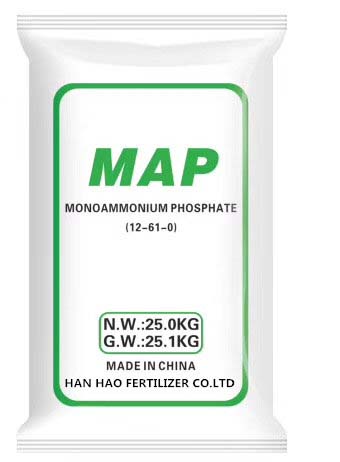
Oct . 02, 2024 04:30 Back to list
The Best Organic Fertilizers for Growing Healthy Tomatoes at Home
The Best Organic Fertilizer for Tomato Plants
Growing tomatoes can be a rewarding experience, whether you are a seasoned gardener or a novice. One of the most crucial aspects of ensuring healthy, productive tomato plants is choosing the right fertilizer. Among the many options available, organic fertilizers stand out as a sustainable choice that enriches the soil while promoting plant growth. In this article, we will explore the best organic fertilizers for tomato plants and how they contribute to a thriving garden.
Why Choose Organic Fertilizer?
Organic fertilizers are derived from natural sources, such as plant and animal matter, which means they are less likely to harm the environment. They improve soil structure, enhance microbial activity, and provide a slow release of nutrients to plants. This gentle, sustainable approach not only supports healthy tomato growth but also contributes to ecological balance, making organic fertilizer a fantastic option for responsible gardeners.
Key Nutrients for Tomato Growth
Tomatoes thrive on three primary nutrients nitrogen (N), phosphorus (P), and potassium (K). Each of these nutrients plays a vital role in plant development
- Nitrogen is crucial for vegetative growth and the development of lush foliage. However, too much nitrogen can lead to excessive leaf growth at the expense of fruit production.
- Phosphorus supports root development and flowering, which are essential for fruit production.
- Potassium improves fruit quality, enhances disease resistance, and regulates plant water use.
Finding an organic fertilizer that provides a balanced ratio of these nutrients is key to successful tomato cultivation.
Best Organic Fertilizers for Tomatoes
1. Compost One of the best all-around fertilizers, compost adds a balanced mix of nutrients and improves soil structure. It also encourages beneficial microorganisms that enhance nutrient availability. Homemade compost can be made from kitchen scraps, yard waste, and other organic materials.
best tomato organic fertilizer

2. Well-Rotted Manure Manure from herbivorous animals, such as cows, horses, or chickens, is an excellent source of nitrogen, phosphorus, and potassium. It’s essential to use well-rotted manure to avoid burning the plants and to ensure that pathogens are minimized.
3. Bone Meal This organic fertilizer is high in phosphorus, making it particularly beneficial during the flowering and fruiting stages. Adding bone meal to your soil during planting can help improve root growth and flowering.
4. Fish Emulsion Made from fish waste, this liquid fertilizer is rich in nitrogen and micronutrients, promoting strong vegetative growth. It is best used as a foliar spray or diluted in water for soil application.
5. Kelp Meal Kelp contains trace minerals and hormones that stimulate plant growth and improve fruit quality. It is often used in conjunction with other fertilizers to provide a comprehensive nutrient profile.
Application Tips
When applying organic fertilizers to your tomato plants, follow these guidelines
- Soil Testing Before adding any fertilizer, consider conducting a soil test to determine nutrient deficiencies and pH levels. This will help you choose the right fertilizer and amount.
- Timing Apply organic fertilizers at planting time, and then side-dress during the growing season. For example, adding compost or controlled-release organic fertilizers every few weeks can supply additional nutrients as needed.
- Watering Water your plants well after applying fertilizer to help dissolve the nutrients and encourage uptake.
Conclusion
Choosing the best organic fertilizer for your tomato plants is essential for achieving robust growth and a bountiful harvest. By opting for sustainable options like compost, well-rotted manure, bone meal, fish emulsion, and kelp meal, you can nourish your plants while also taking care of the environment. With these tips and techniques, you can grow delicious, healthy tomatoes in your garden. Happy gardening!
-
Premium 8 12 16 Fertilizer – High-Efficiency Compound & Granular NPK Supplier
NewsJun.10,2025
-
High Quality Agricultural Grade NPK Fertilizer Manufacturer & Supplier Reliable Factory Price
NewsJun.10,2025
-
Organic Fertilizer for Corn Boost Yield Sustainably
NewsJun.10,2025
-
Organic Fertilizer for New Plants Natural Growth Boost & Eco Nutrients
NewsJun.10,2025
-
Optimized Hydroponic NPK Fertilizer – Fast Growth & Nutrients
NewsJun.09,2025
-
Top-Rated NPK Fertilizer for Fruit Trees - Boost Growth & Yield
NewsJun.09,2025
